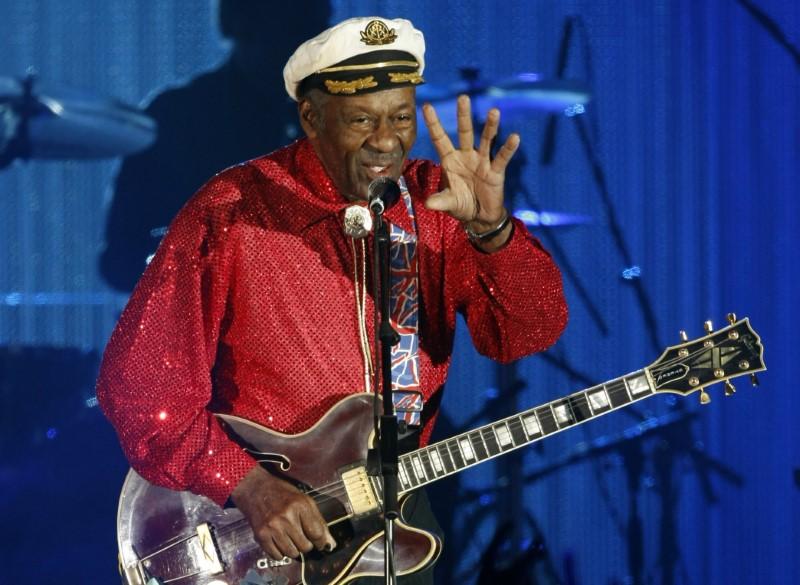Chuck Berry was the father of rock and roll. He was also a man who did some very bad things. When our icons pass away we’re faced with the complicated task of memorializing them in a way that reconciles their contributions with their often rocky personal lives.
A great career does not always equal an exemplary life. Should great artists get a free pass for their personal transgressions? And are we complicit if we elevate individuals whose sum character falls below normal ethical standards?
A peculiar “memorial machine” is set into motion when a celebrity dies. The accolades pour in, people pay their respects via twitter, and magazines have their cover stories for the month. We examine their lives, focusing our attention on their accomplishments while largely ignoring their transgressions. It’s death and glory for a month, then time to move on.
But some critical thinking should be used when raising someone to icon status. If a person’s crimes are fully ignored there is an implicit acceptance and condoning of the behaviour. It’s not to suggest their accomplishments should not be celebrated, only that they should be qualified by an objective look at the sum character of the person.
Early in his career, Berry was convicted of having sexual relations with a 14-year-old girl, a crime for which he served jail time. In the ‘80s he was charged with assaulting a woman in a hotel room and was later found to be secretly filming women using the bathroom of his restaurant.
The nature of Berry’s transgressions is hard to reconcile. His crimes are not victimless and they deserve a level of scrutiny and accountability. These women saw the ugly side of a man at the centre of a million accolades.






